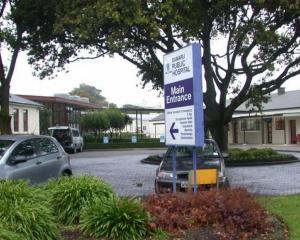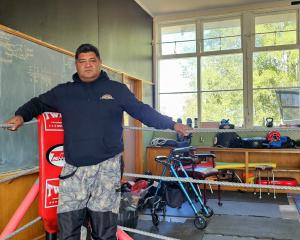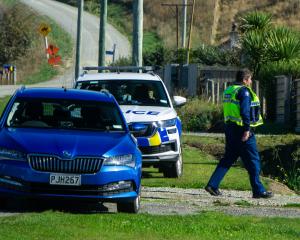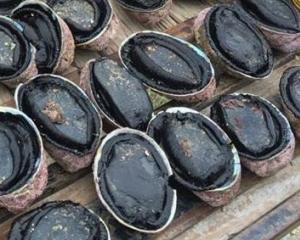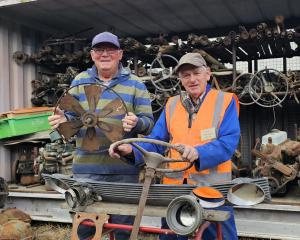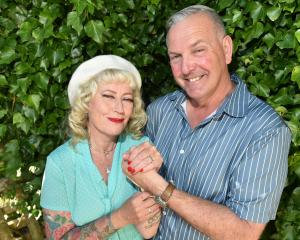A farming couple have been awarded damages of $515,250 after a High Court ruling found the effective hectarage of their North Otago property had been misrepresented when they bought it.
The ruling, by Justice Robert Osborne, outlined how the plaintiffs, Douglas Blair Stalker and Pamela Robyn Stalker, bought a farm near Hampden from Phillip James Duncan in 2011.
Seven years later, while obtaining a valuation of the farm, as they were looking to sell to their son and daughter-in-law, they told the court they discovered it had been misrepresented to them at the time of sale.
In particular, they said Duncan had overrepresented the effective hectarage of the farm and its stock-carrying capacity.
It was found it was 212.4ha effective, not 285ha, and it was capable of carrying 1500 stock units, many fewer than the couple said they had been told.
In 2010, Duncan engaged Southern Wide Real Estate real estate agent Barry Meikle to list the farm, which was part of the larger original Duncan farm that had been in the Duncan family since 1880. It was recorded as about 450ha (285ha effective), wintering 1500 ewes, 600 hoggets, and 65-120 cows.
The Stalkers sold their Tuatapere farm in 2006 and invested the proceeds. Mr Stalker managed a deer farm in Queenstown while Mrs Stalker had an extended period of recovery from a serious illness.
During that period, they regularly passed through Moeraki for Mrs Stalker’s treatment and came to like the area for the warmer climate and views.
Mr Stalker stated he and Mr Meikle discussed the stock units as being in the range of 2500 to 2800 and agreed on the lower figure of 2500. Mr Stalker referred to his copy of the farm sale advertisement, on which he had handwritten the figure 2500, a note which he stated he made at the time of his discussion with Mr Meikle.
Mr Meikle took issue with whether those inquiries were made, saying he would have gone back to Duncan if there had been any queries or uncertainty expressed by the Stalkers.
In cross-examination, he accepted he would have discussed the stock units with the Stalkers and further stated he would have given them a figure, but he questioned the 2500, saying it was not what he would have worked out with his calculations.
The purchase of the farm was settled on March 1, 2012. However, in late 2011, before that occurred, Mrs Stalker became unwell again; the Stalkers made a decision to lease the farm to a third party for a two-year term with a one-year right of renewal, to allow her health to improve.
The stock unit figure included in the lease advertisement was 2100 as they did not want the property overgrazed. Mr Stalker later raised the issue of overstocking with the sole director of the company Bull-der-dash Pastoral Ltd which leased the property.
From March 1, 2014, the Stalkers decided to run the farm on their own account and, in early 2018, their son and daughter-in-law approached them about leasing the property as a run-off block for their dairy cows — it was decided to engage a valuer to value the farm as a starting point for discussion.
In the ruling, Justice Osborne said Mr and Mrs Stalker, in their evidence, both impressed as careful, conscientious people who had high regard for the reputation and reliability of the farming community among whom they lived and with whom they had dealt through their careers.




